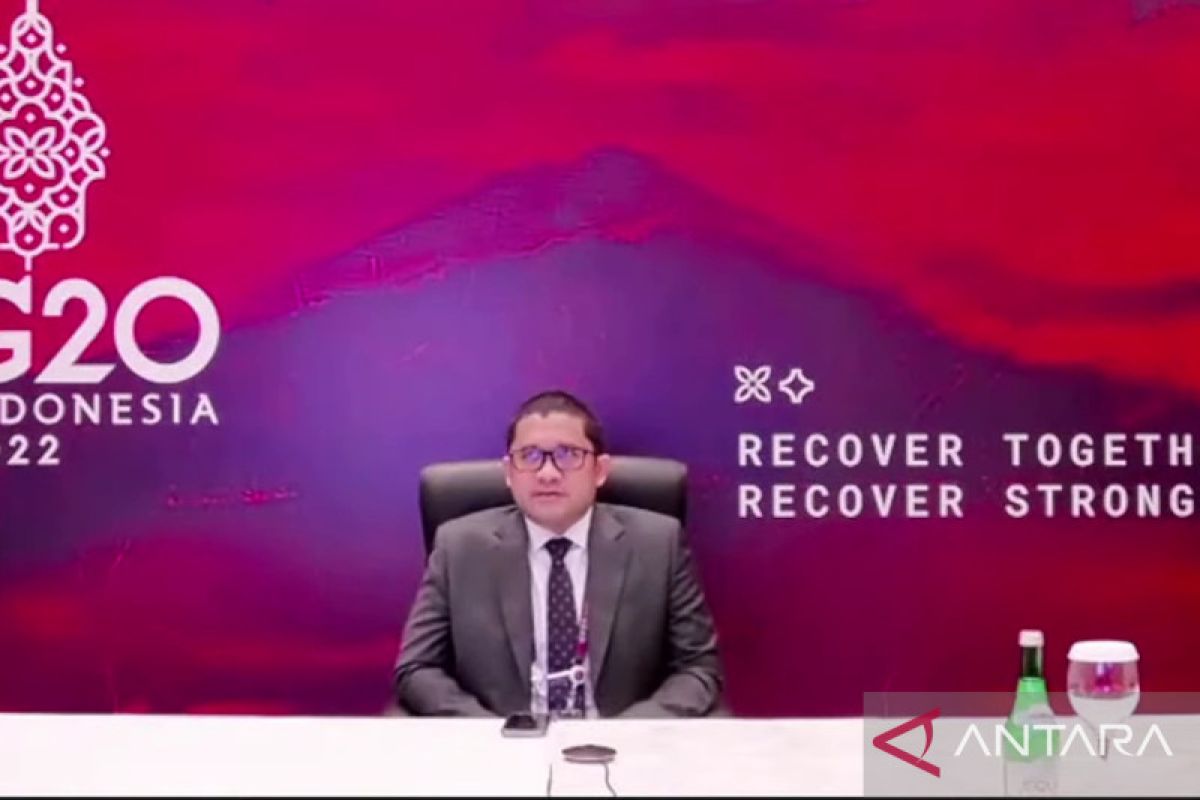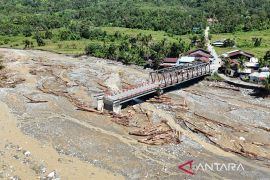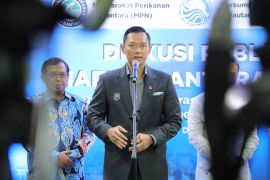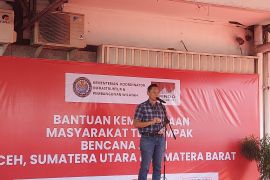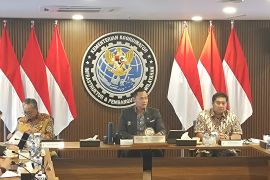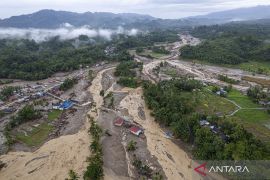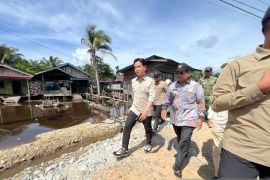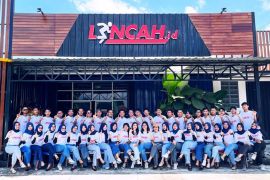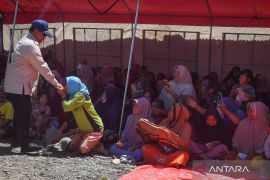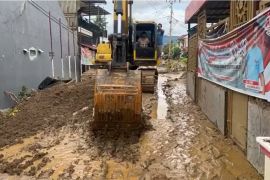"This is an important issue that must be solved immediately to prevent us from the risk that can threaten our ability to achieve inclusive and sustainable economic growth in the long term," Kacaribu stated during the webinar "Post-Pandemic Infrastructure in the G20" monitored in Jakarta, Friday.
Countries and poor groups encountered greater difficulties in accessing infrastructure provision during the pandemic and so are the most severely affected, as is apparent from the high rates of unemployment, death, and poverty.
Kacaribu noted that despite having a negative impact on the infrastructure sector, the COVID-19 pandemic had accelerated digital transformation, as it must be used by the public to conduct activities from home.
"Digital connectivity with optimized broadband, network and technology integration as well as privacy protection is critical to enabling a more cost-effective and quality infrastructure,” he affirmed.
Hence, the government is responsible for increasing investment in the digital infrastructure sector that benefits all parties and contributes to social inclusion.
Related news: Infrastructure, human resources pose challenges to agriculture sector
Overall infrastructure development should also be conducted not only to close the gap in infrastructure provision but also to contribute to the goals of sustainable growth and development.
"Hence, indicators are needed to ensure the quality of infrastructure investment. Taking into account the important role of infrastructure development in achieving global ambitions, the G20 has a strong commitment to supporting a sustainable structure and ensuring that G20's long-term infrastructure agenda can be delivered properly," he remarked.
President Joko Widodo (Jokowi) earlier noted that his government will continue to build small- and large-scale infrastructure, considering that infrastructure was the foundation and fundamental to improving Indonesia's economic competitiveness.
"I am still going to continue this program," he stated.
Several parties have questioned the government's policy of building several infrastructures, such as the construction of toll roads, ports, and airports, he pointed out.
"Many of them question the purpose of this program. They say that people do not eat asphalt. However, once again, I emphasize, we want to compete with other countries," he remarked.
Indonesia must be able to compete with other countries by increasing economic growth, encouraging competitiveness, and creating many job opportunities, President Jokowi emphasized.
With this aspiration, infrastructure is the foundation and a fundamental requirement for boosting competitiveness, he stated.
The president remarked that the effects of infrastructure development will not be visible in the short term. However, with the presence of infrastructure, Indonesia already has the foundation to compete with other countries in order to boost the people's welfare, he affirmed.
Related news: Ministry readies infrastructure, frequency spectrum ahead of MotoGP
Translator: Sanya D, Azis Kurmala
Editor: Rahmad Nasution
Copyright © ANTARA 2022
